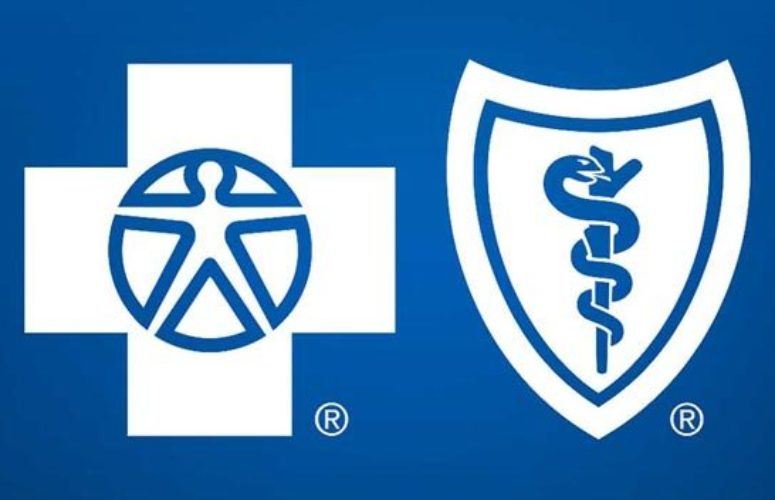
Health Insurance Companies Tackle Affordability/Focus on Wellness
Collaboration with providers and a focus on better outcomes are keys to lowering costs.
By Jim Pytell, Assistant Editor On Feb 8, 2020According to data released by Gallup, a record 1 in 4 Americans say they or a family member put off treatment for a serious medical condition in the past year because of the cost. Another 8% said they or a family member put off treatment for a less serious condition, bringing the total percentage of households delaying care due to costs to 33%, tying the high from 2014.
Affordability and the cost of healthcare are top-of-mind issues for employers and employees alike, but those involved in the industry, including healthcare providers and health insurance companies, are making strides to improve overall affordability when it comes to healthcare.
A Collaborative Effort
“What we need to do is collaborate with providers to help get better outcomes,” says Paul Marden, CEO of UnitedHealthcare of New Jersey. “Higher quality ultimately leads to lower costs. One of the ways we do that is through value-based care. We are putting incentives in place with provider groups to get better efficiencies.”
Historically, the healthcare system has been based around treating the sick and compensating physicians based solely on the number of services and procedures ordered – an arrangement frequently referred to as fee-for-service.
Value-based care can be viewed as a shift in the healthcare system to a model that emphasizes the importance of keeping people healthy, rewarding physicians for coordinating care, and for providing the appropriate care for each patient’s situation. It’s a model that sees care providers’ compensation based in part on keeping a population healthy, not just on how many tests or services are ordered.
“The dynamic between insurance companies and providers has changed,” says Ryan Petrizzi, vice president of sales at AmeriHealth New Jersey. “We’re seeing more holistic care and a more holistic partnership between insurance companies and providers.”
The Importance of Getting the Right Outcomes
Another way to help reduce costs is to ensure the promised outcomes from new procedures, treatments and medications from the state’s healthcare providers.
“You can get excellent quality care in New Jersey because we have access to some of the top physicians in the world,” Marden says. “Having said that, we need to make sure that if there are new technologies, treatments or medications that they are getting the outcomes they are purported to deliver at an ultimately lower cost.
“You need data and analytics to substantiate that the patients who got a new drug or new treatment actually got a better outcome long term,” Marden says.
He adds that in some cases there are opportunities to get similar or better outcomes for a less aggressive and less costly treatment, such as physical therapy or chiropractic versus surgery, for example.
“We basically spend all of our time thinking about how to get better healthcare outcomes at more affordable prices – we don’t just process insurance claims,” Marden says. “We are really a well-being company trying to help people live healthier lives.”
Changes Within the Industry
“New Jersey has done a good job at adding some protections over the last couple of years specific to the health insurance industry to help stabilize things,” says Petrizzi, who points to the New Jersey Individual Mandate as an example, which requires all New Jersey residents to have minimum essential health coverage.
Additionally, Marden says he is watching legislation regarding limits or a ban on self-funded small group plans closely. This includes legislation that could prevent small employers from offering a self-funded major medical plan, including a level-funded health benefit arrangement.
“If this legislation gets passed, you will see most of those small businesses that were in the level-funded market come flooding back into the insured marketplace,” Marden explains.
With changes in legislation come opportunities, and Petrizzi says that post-Affordable Care Act, technology has become even more paramount to what AmeriHealth is doing when it comes to the reconfiguration of its business model to work more directly with consumers.
“Our digital engagement has increased significantly over the years. We’ve invested in being able to e-mail and text our customers for more than just simple communication. For example, we recently added the ability to send a notification to our consumers when their ID cards ship,” Petrizzi says. “We also have given our consumers the ability to text us to renew their plan programs.”
This digitalization of the health insurance industry will allow insurance companies to provide more consumer-centric services that people are used to from other digitalized industries.
Business Owners Should do Their Research
There are a number of things that a business should look for when searching for the right health insurance, but at the end of the day, the biggest key is doing your research.
“Look at the different network options that are out there,” Marden says. “There are many different network options offered by the same company. What I would tell any business is to strongly consider looking at all the [available] networks and researching whether their providers participate in those networks. Generally, the more narrow networks are going to be less expensive.”
He also says that it’s important for business owners to understand how out-of-network bills are going to be reimbursed.
“In reality, the annual premium cost shouldn’t necessarily be the deciding factor of what you are offering,” Petrizzi says. “There are a lot of different considerations including plan design and network flexibility.”
To access more business news, visit NJB News Now.
Related Articles:





